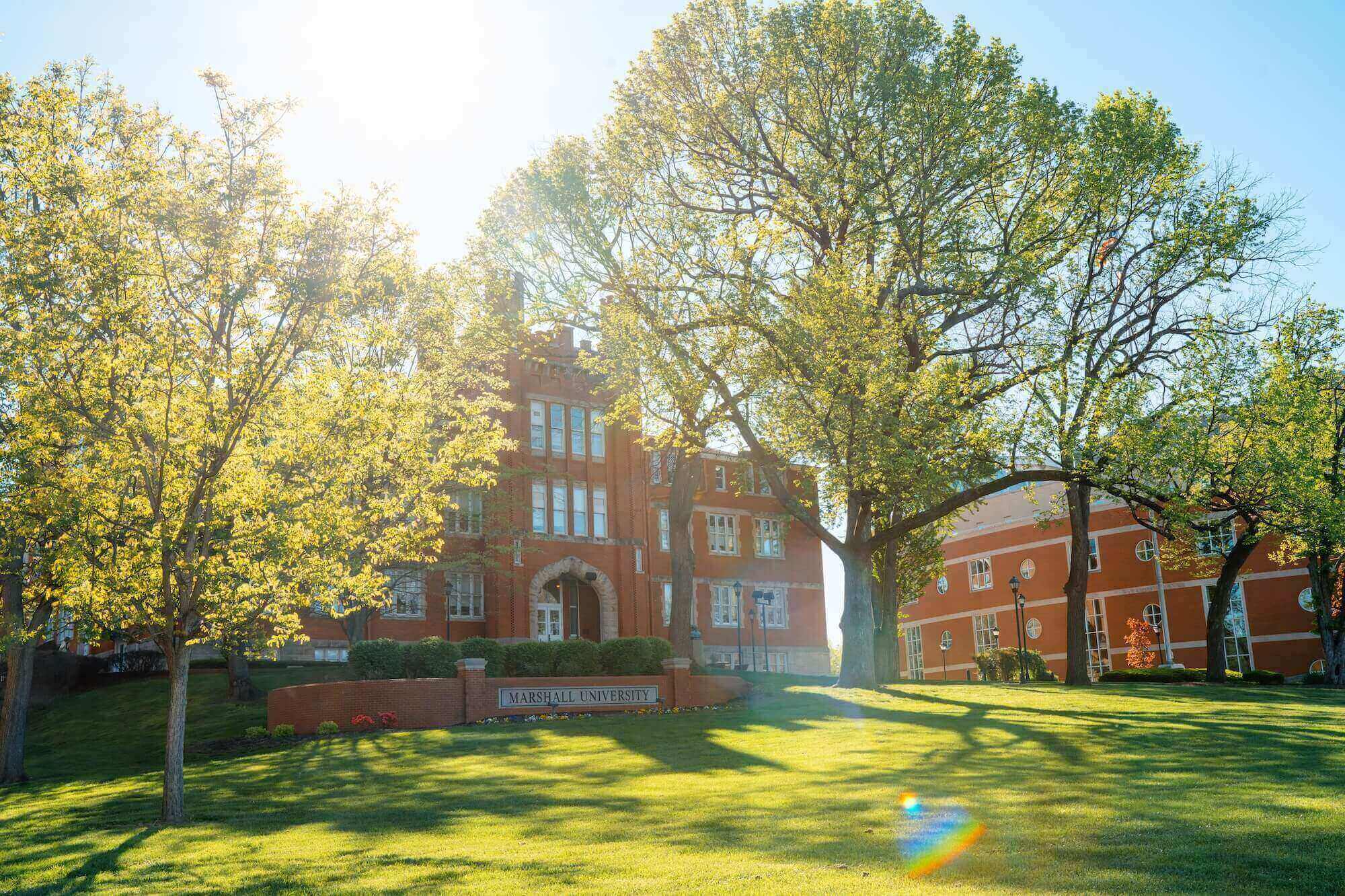Common Search Terms:

Marshall University News
What's happening at Marshall University
Recent Moments
 A Kentucky Native, A Marshall Legacy
Feb 17, 2026
A Kentucky Native, A Marshall Legacy
Feb 17, 2026
 Building Her Business While Earning Her Degrees
Feb 10, 2026
Building Her Business While Earning Her Degrees
Feb 10, 2026
 From Marshall Hoops to Olympic Ice
Feb 3, 2026
From Marshall Hoops to Olympic Ice
Feb 3, 2026
 Earning Her Ears: A Year in Walt Disney World
Jan 28, 2026
Earning Her Ears: A Year in Walt Disney World
Jan 28, 2026
 A Long Way from Home, Right Where She Belongs
Jan 21, 2026
A Long Way from Home, Right Where She Belongs
Jan 21, 2026
 Making Waves
Jan 14, 2026
Making Waves
Jan 14, 2026
 Dual Enrollment to Degree
Jan 6, 2026
Dual Enrollment to Degree
Jan 6, 2026
Upcoming Events
High School Honor Band Festival
February 17
Context over Conclusions – Dr. Jerica Wesley
February 19
C.B. Nuckolls Community Center & Black History Museum
February 20
Suit Up with JCPenney’s & Career Education
February 21
Students,
Faculty & Staff,
Alumni
Mountain Stage
February 21
Mountain Stage with Kathy Mattea
February 21
Students,
Faculty & Staff,
General Public
Resisting Appalachian AI
February 22
Artist Meet & Greet: Nichole Westfall
February 23
Students,
Faculty & Staff,
Alumni,
General Public,
Prospective Students
Flavors Around the World: Gnocchi Cooking Class
February 23
Students,
Faculty & Staff,
Alumni,
General Public,
Prospective Students
Men’s Basketball vs Old Dominion
February 23
Recent News Releases
Marshall to host 57th Annual Winter Jazz Festival
February 19, 2026
Marshall to present ‘Acts of Love: An Evening of Love Stories’
February 13, 2026
Featured Videos

10 Things President Brad D. Smith Can’t Live Without

POV: Your First Week at Marshall

Shaping the Future: The Smiths’ $50 Million Gift
Featured Photo Galleries
Share Your Story
Share your favorite Marshall Moment with us—whether it’s a meaningful memory, a proud achievement, or a special connection you’ve made at Marshall University. Your stories help capture the heart of the Herd and may be featured in future university projects, publications and campaigns. Submit your moment today and help us celebrate what makes Marshall so special!
More News
College of Arts and Media
Marshall to host 57th Annual Winter Jazz Festival
February 19, 2026
Marshall to present ‘Acts of Love: An Evening of Love Stories’
February 13, 2026
Marshall to present ‘Music Unveiled’
February 10, 2026
School of Art & Design to present ‘Memory Fails Me’ exhibition
February 9, 2026
College of Business
Marshall University announces 2026 Business Hall of Fame inductees
February 11, 2026
Three Marshall students named University Innovation Fellows
November 7, 2025
College of Education and Professional Development
Marshall professor selected for the Fulbright Specialist Roster
October 14, 2025
College of Engineering and Computer Sciences
Registration open for CyberCon 2026
February 9, 2026
Marshall cyber programs see record growth
September 10, 2025
College of Health Professions
College of Liberal Arts
College of Science



